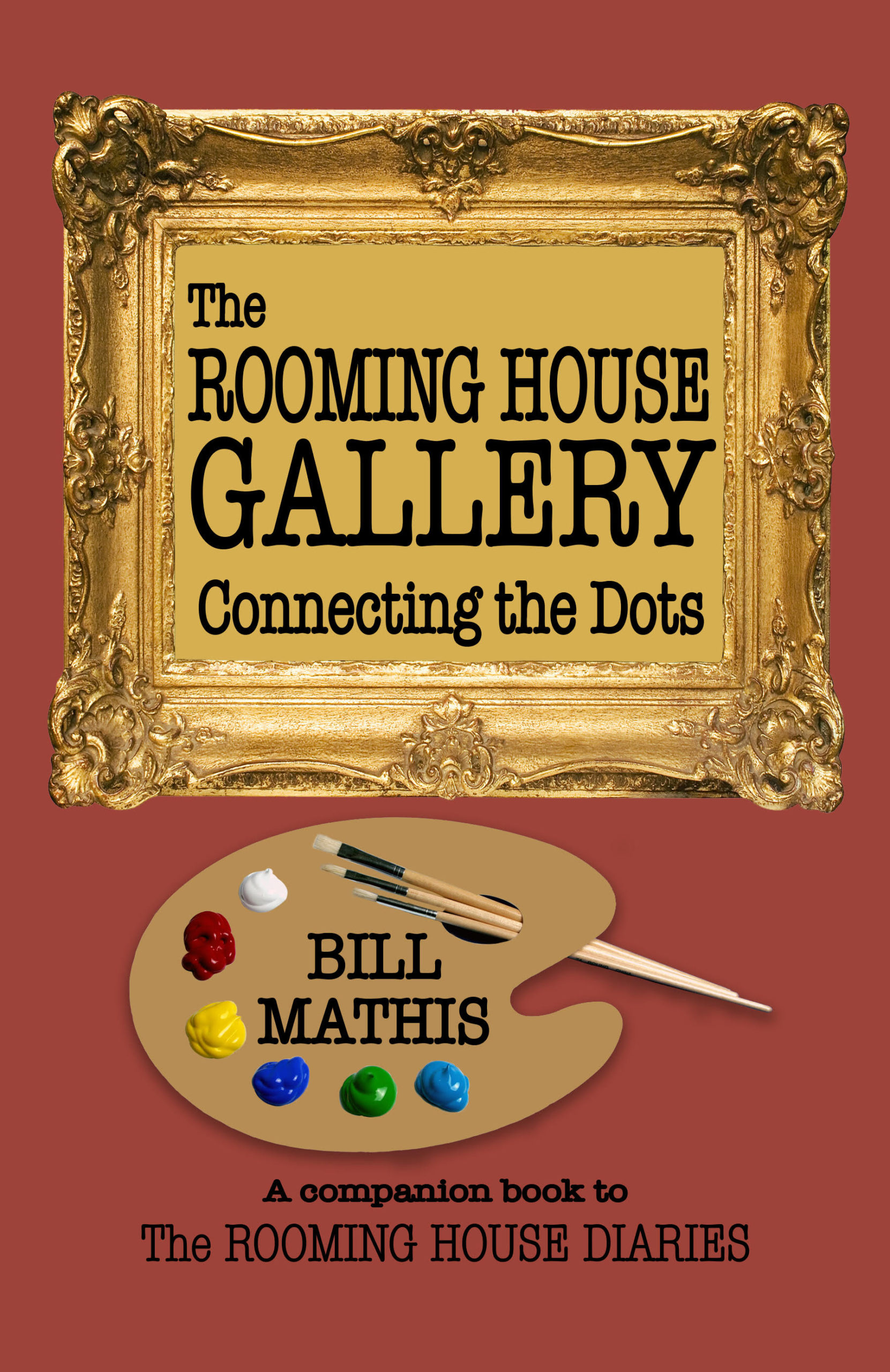Post 61: On The Road To Romania
Compartments of the Mind
The next day, Dr. G’s friends drove him to the airport. He left the little red car with them with the intent they would sell it in Craiova. He no longer carried the two big suitcases, I think they were given away in Badosi. I said my goodbye’s and took a taxi from the SOS Village to meet up with him in the international terminal.
Flying west, towards the sun, the flight home seemed to take forever. Cheryl and Mrs. G met us with big smiles and hugs as we exited O’Hare Airport customs. Cheryl was anxious to hear our stories. Mrs. G did not seem upset but slightly amused at her husband’s antics over the checkbook. Both Dr. G and I were exhausted and anxious to get home as we headed for our cars.
On the drive home, Cheryl listened to a few of my experiences and in amazement said, “Bill, you know more about this man than all of us who have been working closely with him for several years! We never knew how or why he came to the States.”
As I told the story about the uninsured cars, the border crossings and not needing a map, she crowed with laughter. “You two clowns. I’m surprised you didn’t end up in jail.”
I realized what a privilege the trip had been. But more importantly to have spent time with such a man. Many times, from our first meeting and throughout most of the trip, I felt like I didn’t know the whole story, the whole plan. Dr. G would give me just enough information to take the next step, but he never gave me, or attempted to give me, the whole picture. Everything seemed compartmentalized, which seemed so different from the way I thought and my friends or co-workers acted.
It dawned on me this was the only way he knew. How, in order to succeed, his life had to be this way. Since a young age, he learned to survive and thrive in a controlled society where you could never show your whole hand. Even if it meant keeping a card up your sleeve. You had to live this way to endure. This meant figuring all of the angles, knowing the system, and understanding how the people persisted in such a system.
The actual value of those cheap K-mart or flea market watches which convinced those border guards to overlook questionable paperwork and no toll way medallions didn’t matter. It was the thought, the recognition of their humanity and their situation in a controlled system which favored the top and left the bottom to fend for themselves. Besides, they could pass those watches on to others for favors done for them as part of their underground, tacit economy.
If not so compartmentalized, how else could a man visit his parents and not be able to directly tell them his plans? To not be able to verbally say goodbye? Still, he knew they understood his visit might be goodbye forever, which it was with his father. How else could you leave a wife and children to risk getting shot while swimming the Danube? How else could you come to a new country, a new culture, a new language and knowyou will figure out the new systems? You will learn the language. You will study, again, you will do another residency. And you will wait for your family to be whole again.
How else could you do this without remembering, at the worst of times, at the wettest, darkest of times, those words forever etched in your mind? Words his mother impressed upon him as a child, “This is nothing. Nothing! There are far worse things than this that could happen to us. We will make it!”
Next week: Postscript






